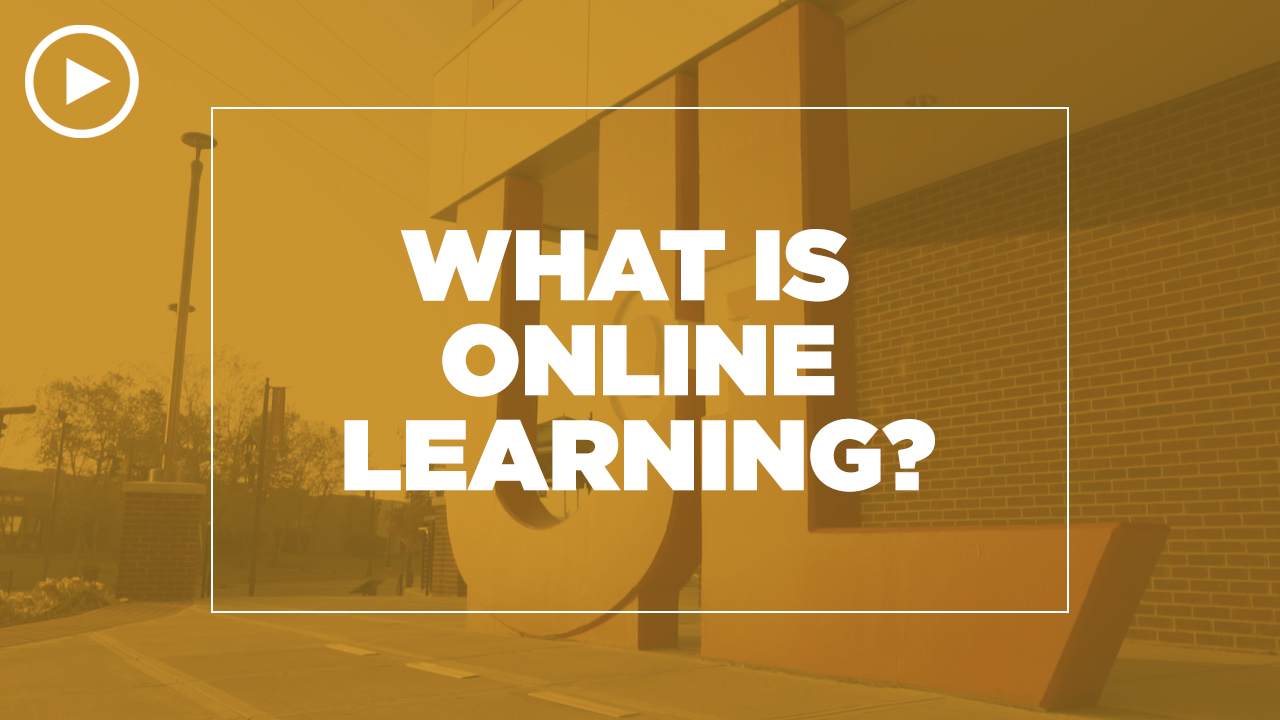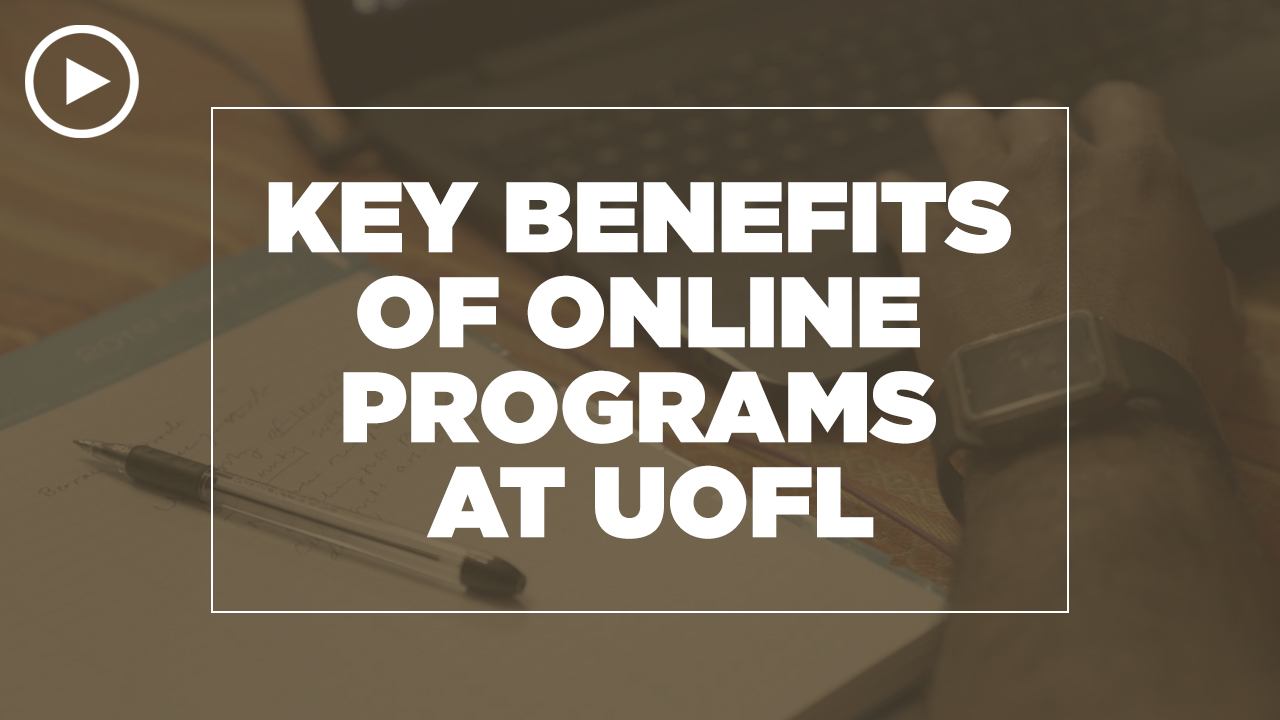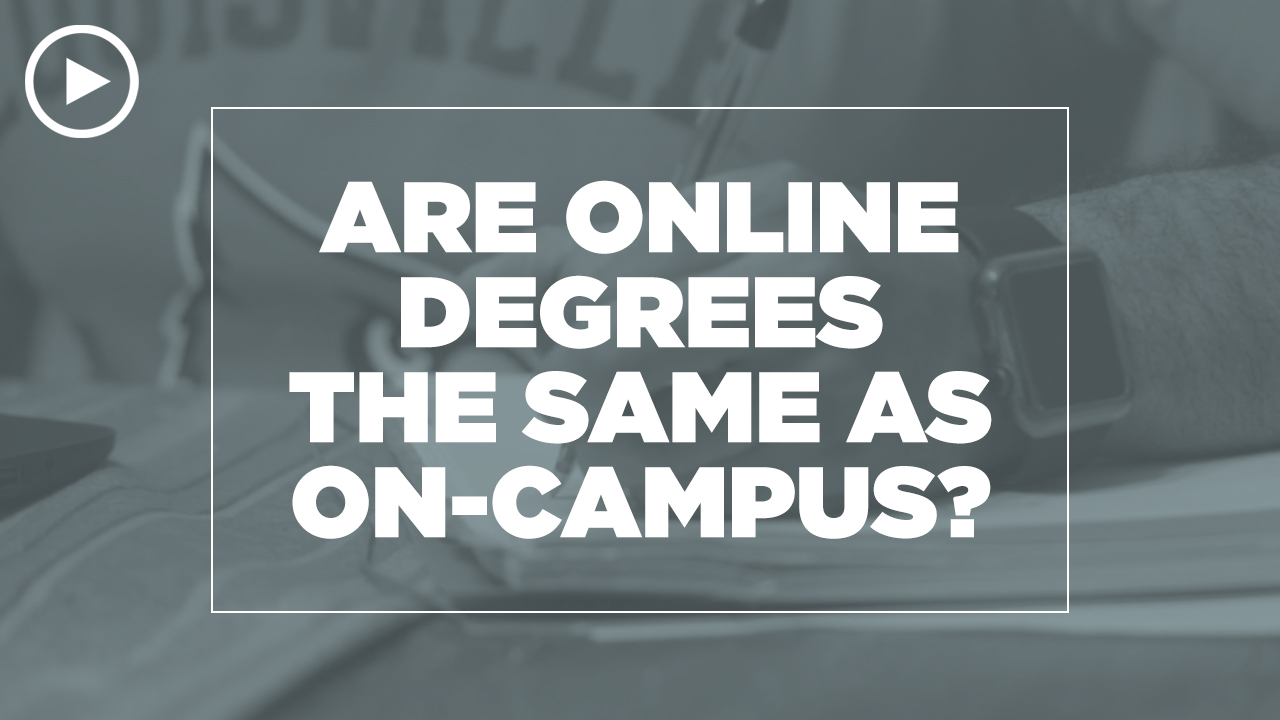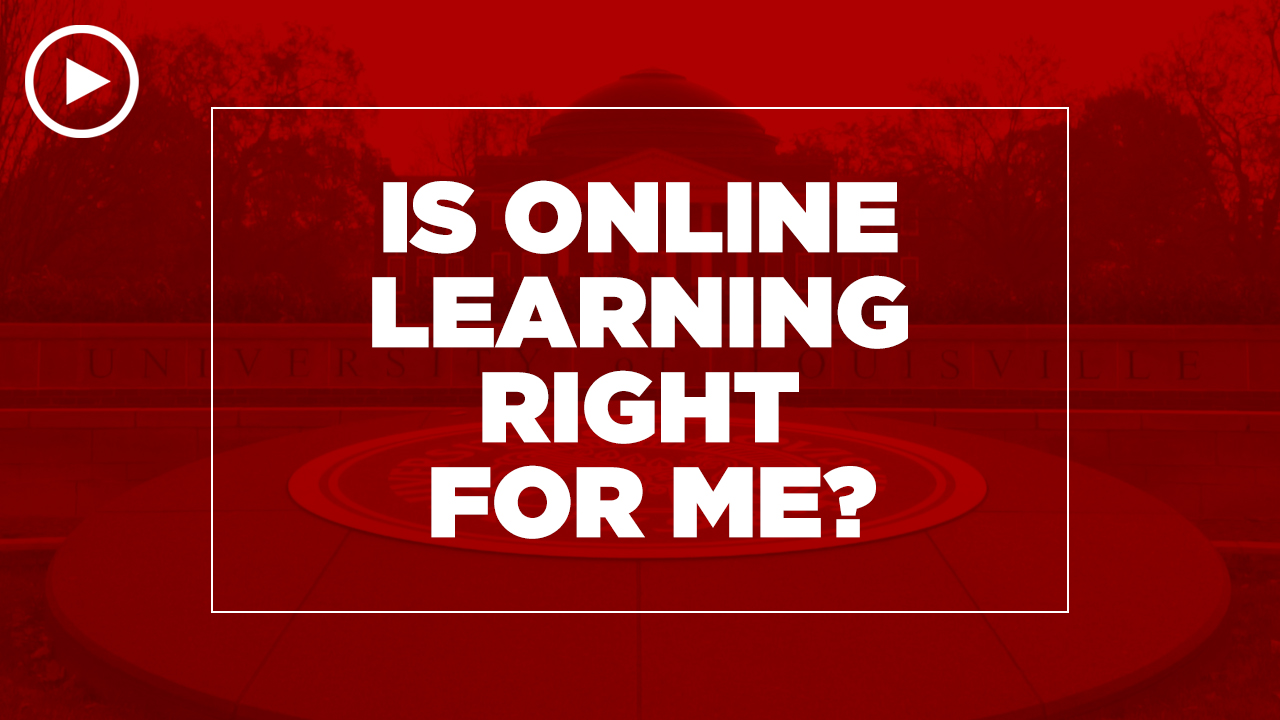Online learning has provided access to higher education to many students who cannot attend a traditional class. However, online learning is not for everyone. The most successful online learners possess the following qualities.
Self-motivated
Online learning provides you with a great deal of flexibility; you can access your course when and where you want with little direct contact from your instructor. You must be motivated to keep up with coursework. If you get behind in the course, it will be very difficult to catch up.
Independent learners
Interactions between instructors and students in a traditional course are usually immediate. While your online course instructor will answer your questions and help with course material, it could take 24 hours or more to receive response to phone calls or e-mails. You must be comfortable learning in such an environment.
Computer literate
You don’t need to be an advanced computer user to succeed online, but it is helpful to start an online course with basic keyboarding skills, a basic knowledge of word processing software, and the ability to send and receive e-mail. It is also helpful to have an understanding of how to conduct research on the Internet.
Good time managers
Since your course schedule will not revolve around regular face-to-face class sessions, you must be able to set a schedule that allows you to meet course deadlines. Depending on the course, you might spend at least three to five hours per week on course-related activities. It takes a great deal of time management effort to balance this time with work, family, and other obligations you might have.
Effective readers and writers
Online courses require a great deal of reading and writing. You must be able to communicate thoughts and apply learned material through writing to other classmates and your instructor.
Effective problem solvers
You may face problems in your online course that are outside of your control. For example, your computer or Internet connection may malfunction, your electricity could go out, or you may have difficulty contacting your instructor. You must be able to think critically in such situations to determine the best course of action without becoming overly frustrated.





